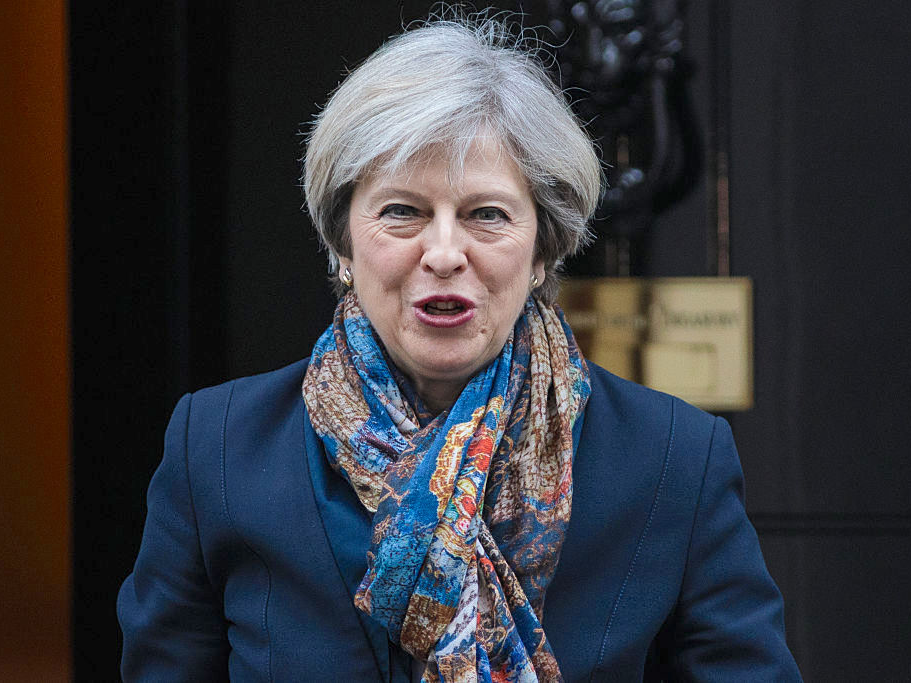LONDON – The UK government on Thursday published its “Brexit bill,” which paves the way for Britain’s exit from the European Union.
The bill, if passed, would give Prime Minister Theresa May the authorisation to trigger Article 50, starting the two-year negotiation period for Britain to leave the 28-nation bloc.
The bill, called the European Union (Notification of Withdrawal) Act 2017, contains just two clauses. The first part states:
“The Prime Minister may notify, under Article 50(2) of the Treaty on European Union, the United Kingdom’s intention to withdraw from the EU.”
The second clause adds:
“this section has effect despite any provision made by or under the European Communities Act 1972 or any other enactment.”
The Brexit bill is now published. https://t.co/ZQlyJxloZ0 pic.twitter.com/0w6OjtPCuY
— Adam Bienkov (@AdamBienkov) January 26, 2017
David Lidington, the leader of the House of Commons, said on Thursday that members of Parliament would be given time to debate and vote on the bill as early as next week, with the first debate held on Tuesday.
MPs would then get the chance to vote on the bill next Wednesday before debating it again the following week and then sending it to the House of Lords.
Ministers had hoped to trigger Brexit without consulting Parliament, but the government was forced to publish the bill after losing a Supreme Court case on the issue on Tuesday.
Sources told Business Insider that the government had become keen to rush the legislation through both houses of Parliament within weeks to pass it well before May's self-imposed deadline of the end of March.
Any bill is likely to be passed with an overwhelming majority after Labour Party leaders signalled that they would not seek to block it.
Opposition-party MPs, however, are set to submit dozens of amendments to the bill in an attempt to shape the government's negotiation strategy with the EU.
Labour plans to push the government to make commitments on Britain's access to Europe's single market as well as on workers' rights and environmental and social protections.
The SNP is also set to submit up to 50 amendments in an attempt to prevent a so-called hard Brexit from the EU.
The shortness of the bill, however, is likely to limit these attempts. Under parliamentary rules, any amendments to bills must be "relevant to the subject matter of the bill and to the clause or Schedule to which they are proposed."
The Liberal Democrats have said they will vote against the bill unless the government commits to holding a second referendum on the terms of Britain's final Brexit deal.
May on Wednesday committed to publishing a full white paper setting out the government's plans for Brexit.
Ministers had initially resisted doing so but changed course following demands from Conservative backbenchers. No date has yet been announced for its publication.











